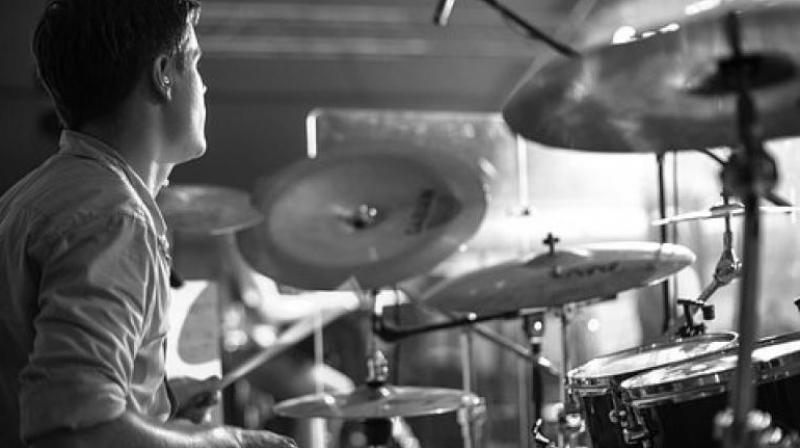Woodstock encapsulated the vision of idealism and hope of the 1960s

The world is a very different place than it was in 1969,” Frank Riley commented a couple of weeks ago, when a last-ditch attempt to suitably commemorate the 50th anniversary of a key cultural marker finally went down the gurgler.
Riley represents Robert Plant and the Shape Shifters, one of the bands contracted to perform at this year’s reincarnation of Woodstock attempted by Michael Lang, one of the organisers of the original festival. Plant’s old band Led Zeppelin was something of an unknown entity 50 years ago and wasn’t invited to the Woodstock Music and Art Fair, but this year’s planned concert intended to feature the remnants of several of the acts that graced the stage in 1969, alongside their latter-day counterparts.
However, there were issues with venues and funding, and when the event shifted to a relatively small site in Maryland, Virginia, the big names began pulling out one by one. Within days, Lang abandoned his dream, realising that the kind of miracle he had helped to pull off once wasn’t going to be repeated.
It wasn’t exactly smooth sailing half a century ago either, after a pair of idealistic entrepreneurs were persuaded to finance a popular music festival on an unprecedented scale. It was billed as “3 Days of Peace & Music”, and succeeded in attracting in some of the biggest names in the pantheon of rock and pop. Perhaps more significantly, it attracted a bigger audience than anyone had bargained for.
“By the time we got to Woodstock/ We were half a million strong,” Joni Mitchell sang shortly after the event (even though she never got there, because the roads leading to Max Yasgur’s farm in Bethel in upstate New York were blocked). “And everywhere there was song and celebration/ And I dreamed I saw the bombers/ Riding shotgun in the sky/ And they were turning into butterflies/ Above our nation…”
The attendance figures have never been agreed upon and are likely to have fallen somewhat short of 500,000, but it is generally accepted that for three days in August 1969, the Bethel farm became the third most populous city in the state. Mitchell’s endearing vision of bombers turning into butterflies was a far cry from the reality in Indochina, but it could safely be assumed that the vast majority of those who came to the party, mostly in their teens or early 20s, had Vietnam on their minds.

